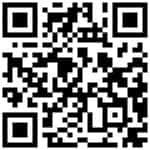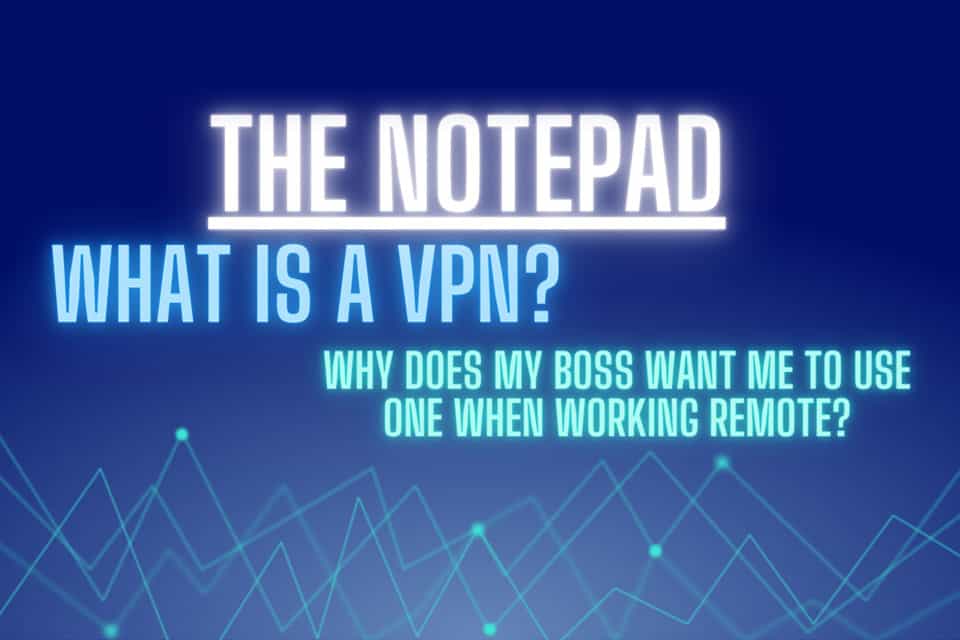What is a VPN and When Should I use one?
If you’ve been working remotely since the beginning of the COVID-19 pandemic, your employer may have required you to use a VPN. If your employer didn’t explain it to you, here is the basics of how they work.
VPN stands for “Virtual Private Network.” Great, now what does this mean?
It might be helpful to think of it like a force field tunnel. You’re on one side of the tunnel, on the other side of the tunnel is any website that you are visiting, and the tunnel protects the link created between you and the website. The tunnel hides your IP address (aka, the address of where you are on the internet) by running your internet connection through a special server that is run by the company who created the VPN.
Every time you visit a website, the cookies from the website will try to collect information about you for data tracking, as it does for all visitors. If you use a VPN while visiting a website, the cookies will try to collect information about your IP address and computer, but they will not be able to because the VPN disguises your online identity and returns encrypted data instead of your computer’s data.
This makes it harder for online marketers to market directly to you, and it also makes it more difficult for those with malicious intent (such as identity thieves) to steal your information when you visit their site because the data the VPN returns is encrypted, which meals it will likely show as nonsense if someone were to try and view it.
When should I use a VPN?
Some people like to use a VPN simply because they like having extra privacy while browsing the internet. Some like to use VPNs to try to get around content filters. Some like to use VPNs for online shopping, especially for plane tickets, which can be cheaper when it looks like you’re purchasing them from a different location.
It is an especially good idea to use a VPN while traveling, because you may need to connect to a public network, which is significantly less secure than the private network that you use at work or home.
If you’re working remotely, using a VPN prevents your data from being intercepted by nefarious sources, which is exceptionally important when accessing secure documents, which might be required for your work.
Hopefully, this created a stronger understanding of VPNs. For more information on office supplies and practices, follow the NotePad!


